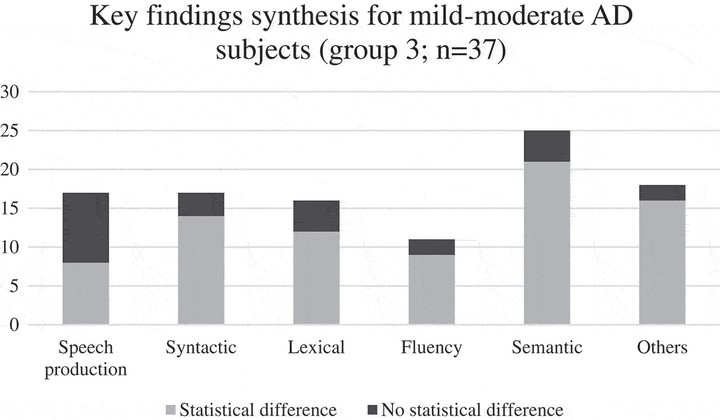Connected speech assessment in the early detection of Alzheimer’s disease and mild cognitive impairment: a scoping review

Abstract
Background: Connected speech (CS) deterioration appears early in the progression to Alzheimer’s disease (AD) and in mild cognitive impairment (MCI). As such, CS assessment may prove a quick, clinical speech tool and contribute to the early detection of subtle, yet significant speech changes pointing to pathological cognitive ageing.Aims: We performed a scoping review to extensively map the methodology used to assess CS in AD and MCI populations in the literature.Methods & Procedures: Outcomes & Results: The scoping review revealed the majority of articles on CS in AD and MCI populations studied relatively small samples of English-speaking patients, most of which were in the early to moderate stages of AD and relied mostly on descriptive methods (namely, single-picture description tasks) and manual analysis to collect and analyse CS data. The review also highlighted the diversity of outcome measures of CS studied, with semantic and fluency outcome measures being most common across included articles, and a synthesis of the key findings revealed these outcomes measures to be most relevant in identifying early changes to CS in pathological ageing.Conclusions: This scoping review identifies a considerable heterogeneity across articles on the assessment of CS in AD and MCI, in terms of populations (sample size, disease severity, diagnosis criteria used, etc.) and methods (tasks used to assess CS, outcome measures of interest, etc.). It also provides recommendations for future research on CS and highlights the potential of interesting research avenues, such as unstructured tasks and automatic speech analysis to obtain and analyse CS data.